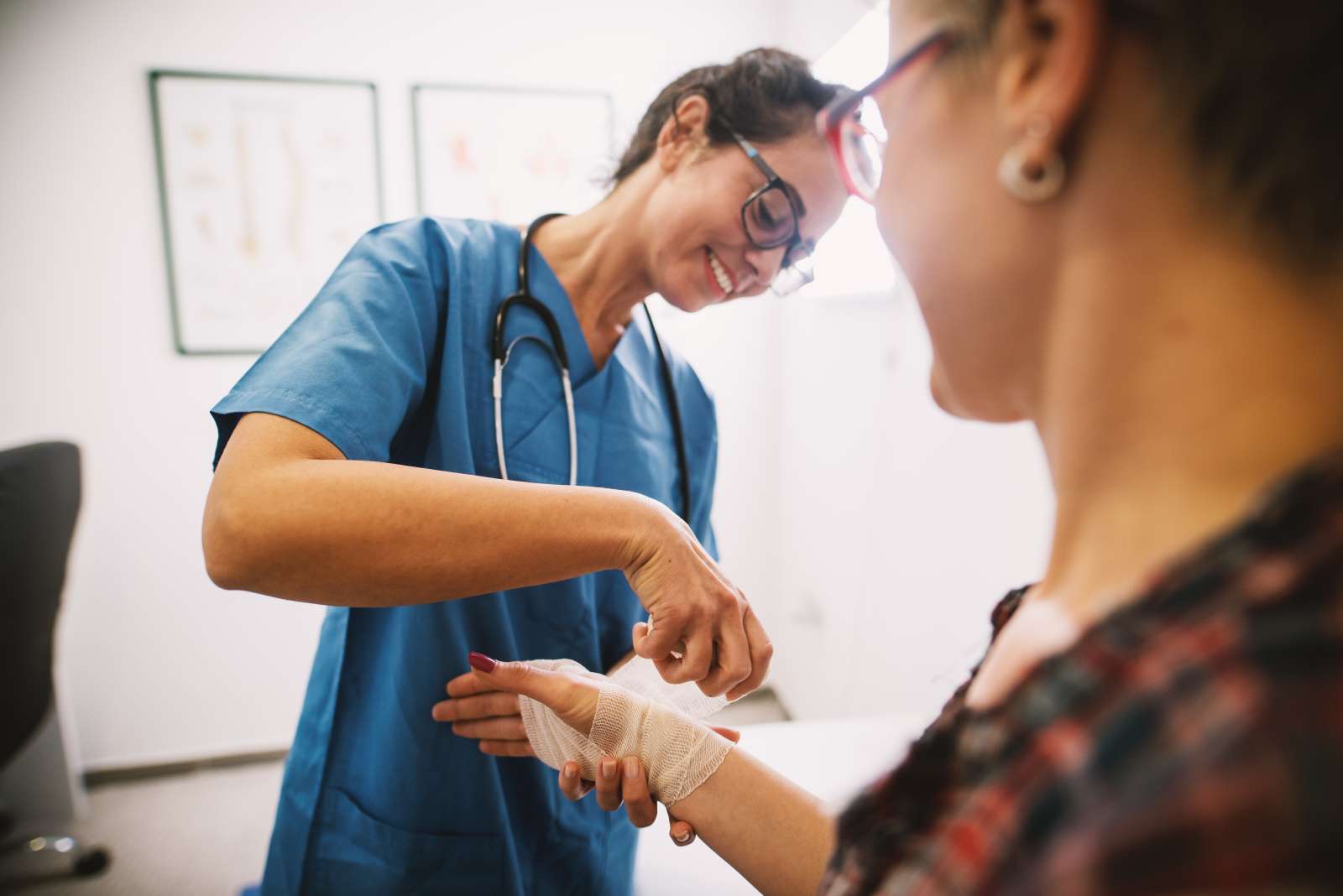What to do if poisoned:
Call the Poison Center immediately at 1-800-222-1222. Do not wait for symptoms to appear. If the person is unconscious or in immediate distress, call 911.
Poison first aid
Poison in the eye
Remove all foreign materials from the eyes, including contact lenses, if worn. Gently flush the eye for 10 minutes, timed by the clock, using slightly warm water. Pour a stream of water from a clean glass about three inches above the eye. Do not use any eye drops until advised to do so by the poison center. Call the poison center.
For adults, getting in the shower works best. Aim a gentle stream of lukewarm water on the forehead above the affected eye. If both eyes are affected, aim the stream at the bridge of the nose. Eyes do not have to be held open. Opening and closing the eyes repeatedly during the irrigation will help carry the water to all the surfaces of the eye.
For young children, using a large glass or a pitcher works best. Wrapped in a large towel, lie the child in the bathtub or with the head supported over the sink. Pour a gentle stream of water at the bridge of the nose or on the forehead above the affected eye. Do not pour water directly onto the surface of the eyeball. Eyes do not need to be held open unless the child refuses to open them at all.
Poison on the skin
Remove any contaminated clothing. Rinse the affected area thoroughly with large amounts of water. Wash the same area gently with hand soap and warm water to remove all remaining chemicals on the skin. If exposed, remember to wash hair and under fingernails. Call the poison center.
Inhaled poison
Get to fresh air as soon as possible. Avoid breathing fumes. Ventilate that area immediately by opening windows or directing fans toward the door while protecting yourself from injury. Call the poison center. If the person is unconscious, having difficulty breathing, or not breathing, call 911.
Swallowed poison
Remove anything remaining in the mouth. Unless the victim is unconscious, having a seizure, or cannot swallow, give about 2 ounces of water to drink. Call the poison center.
Do not try to neutralize a poison by giving raw eggs, salt water, mustard, vinegar, or citrus fruit juices as an antidote or to cause vomiting. Never attempt to induce vomiting by sticking your fingers anywhere in the patient's mouth; this procedure can be very dangerous.
Syrup of ipecac
Syrup of ipecac should not be administered routinely in the management of poisoned patients. There is no evidence from clinical studies that syrup of ipecac improves the outcome of poisoned patients. If used inappropriately, ipecac can cause significant complications or even death. Syrup of ipecac should only be used at the direction of a Poison Control Center.
Activated charcoal
Activated charcoal is not recommended for home use. It is used to bind drugs and chemicals before they are absorbed into a person, but activated charcoal does not bind all drugs or chemicals and has some risk when given. Only use it when told to do so by the Poison Center.
Do not panic
If you have a poisoning situation, do not panic. Panic is a very contagious emotion. If parents are upset, crying, or screaming, a child can pick up on that easily and start crying and becoming upset. When the entire family is upset, assessing the situation and providing good care becomes much harder.
If you are the one with the poison problem, being scared and anxious will produce symptoms that many people mistake for symptoms of poisoning. Being very frightened can cause a dry mouth, dilated pupils, increased heart rate, fast breathing, nausea, vomiting, sometimes diarrhea, headache, dizziness, and a feeling of being light-headed.
Most encounters with a toxic substance are not going to cause immediate symptoms. If you are very anxious and have symptoms immediately after an exposure, a majority of the time the symptoms are due to fear. But always call the Poison Center to make sure. Poison Center staff can reassure you if you are scared and can give you directions to help take care of your problem.
Additional resources
